A question we get from experienced pool owners who are tired of winterizing their pools and new owners who are nervous about what winter horrors lurk in the coming months is: “Do I need to cover my pool?” The answer that you may not want to hear but I often give is, “It depends.” The reason “it depends” is that each state’s fall and winter are little bit different. Florida’s December is a heck of a lot milder than Maine’s. So, it is hard for me to spitball an answer without qualifying it first, but I can give you a checklist of things to help you determine if a cover is actually needed.
Trees, Bushes, and Other Debris Factors
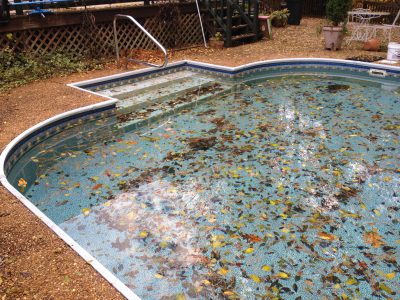
My top reason for covering a pool is dead foliage. Before winter, we have to deal with fall. And with the arrival of autumn comes a ton of leaves, nuts, seeds, acorns, and those spinny things on maple trees. That debris will wreak havoc on the pool water chemistry, and will stain your pool basin surfaces, if left to settle for the whole offseason.
A pool next to two or more seasonal trees could require regular, if not laborious, upkeep until the last leaf drops. Raking leaves in the fall is not the most fun chore, and neither is skimming hard to reach debris piles in your pool. Now combine those two, and you have what it is like scooping out an entire tree’s worth of leaves from your pool.

The stains that tree debris can cause is another serious issue. These stains are removable, but if the debris is left to settle for extended periods, the elbow grease required to shift them increases greatly.
If you have only a few trees surrounding your pool and/or you have full circumference fencing that can prevent your neighbor’s tree garbage, the process of removing the leaves could be a daily chore for a couple of weeks, if not months.
Some pool owners have installed a leaf net until the leaf falling season is over and then leave the pool uncovered for the remaining offseason.
Freezing Temperatures
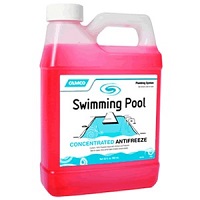
Install a freeze protection device or set your pool pump to run constantly to prevent stagnant water. Stagnant pool water is more likely to freeze, making it vital that you keep your pool equipment operational. A freeze protect device, ideal for single-speed pumps, monitors air temperature and will start your pump when the air temp drops to a predetermined point. For dual or variable speed pumps, have your pump set to run around the clock at low RPMs. This will keep your water moving, but be as costly as a single speed.
When a pool is covered, the pool equipment and piping are generally winterized as well. That means pumps are brought inside, filters are drained, and pipes are cleared of water and plugged. These actions prevent damage caused by freezing water that can crack filter tanks, pump strainers and burst underground pipes.
A dose of pool antifreeze would be a smart addition to your winter protection arsenal.
Testing Your Pool Water
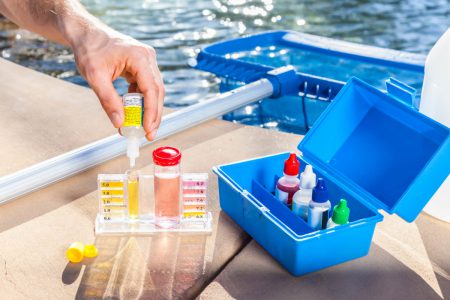
Maintaining your pool chemistry during the winter months will still be required if you want to avoid soupy pool water. Pool water that is 60 degrees Fahrenheit and below severely decreases the chance of an algal bloom, and anything under 40 degrees brings most nasty microbes to a screeching halt. If your winter temps hover between 60 and 35, then you may be a candidate for keeping your pool uncovered.
Even if you do not officially close the pool, I suggest using a winter closing chemical kit to ensure your chemicals are in tiptop shape before closing. This will ensure you have added the correct amount of shock, algaecide, and metal sequestrants before closing. Clearing tree litter from your pool in a timely fashion will also lessen the strain on your pool chemistry, but you will be required to keep your chlorine, pH, and alkalinity in check. The cooler water temperatures reduce the consumption of chlorine, so a check every one to two weeks should do the trick.
For you salt chlorinator owners, I suggest you remove the salt cell for the winter and install a dummy cell or makeshift one. Salt chlorine generators do not operate well in cold weather. Save the strain on the cell, and hopefully lengthen its lifespan by using chlorine tablet feeders instead.
If you have any other tips for keeping your pool uncovered for the winter, feel free to leave a comment below.

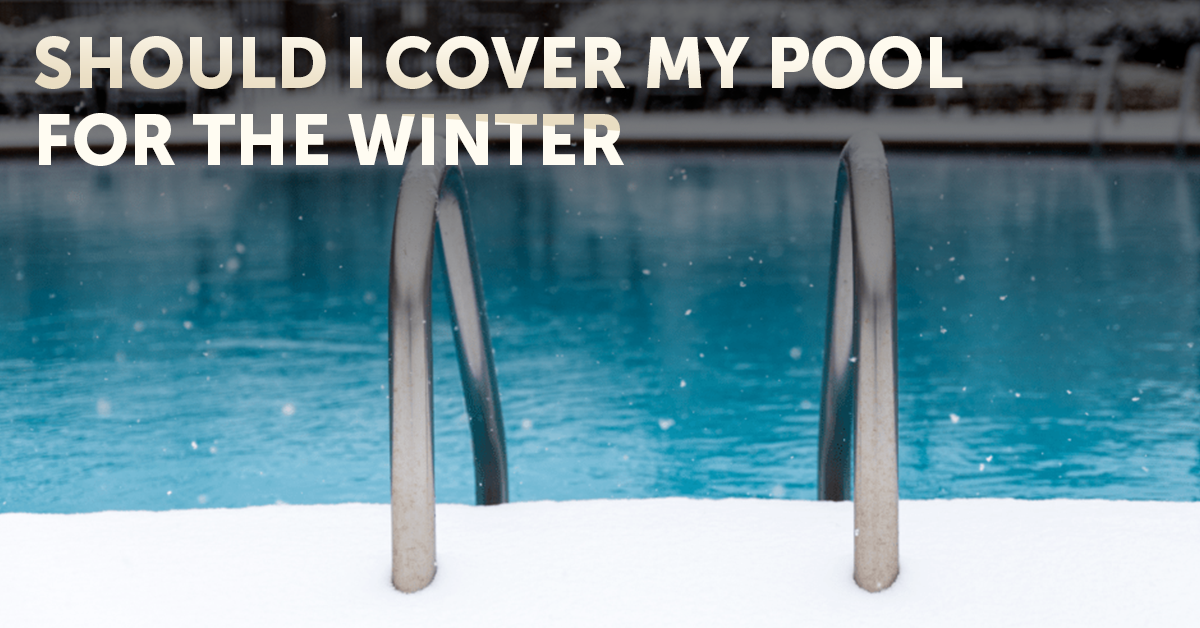
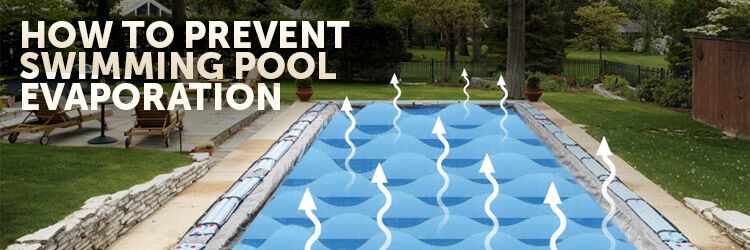
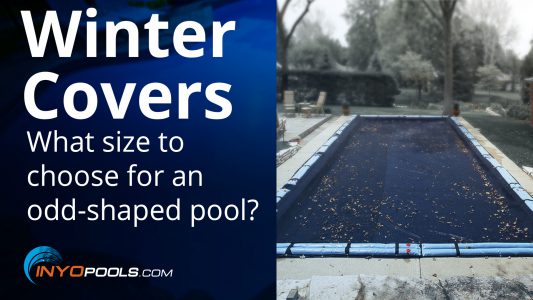
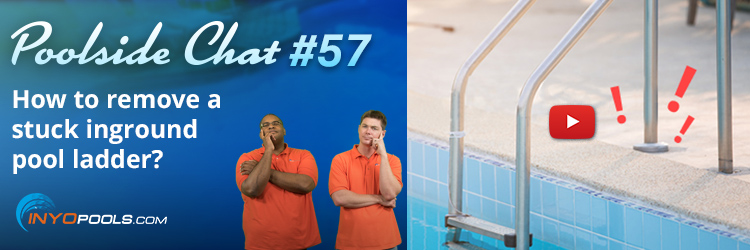







Any tips on adjusting PH during the winter when pump is not running? My concern is adding Muriatic acid (or anything else) without circulating water.